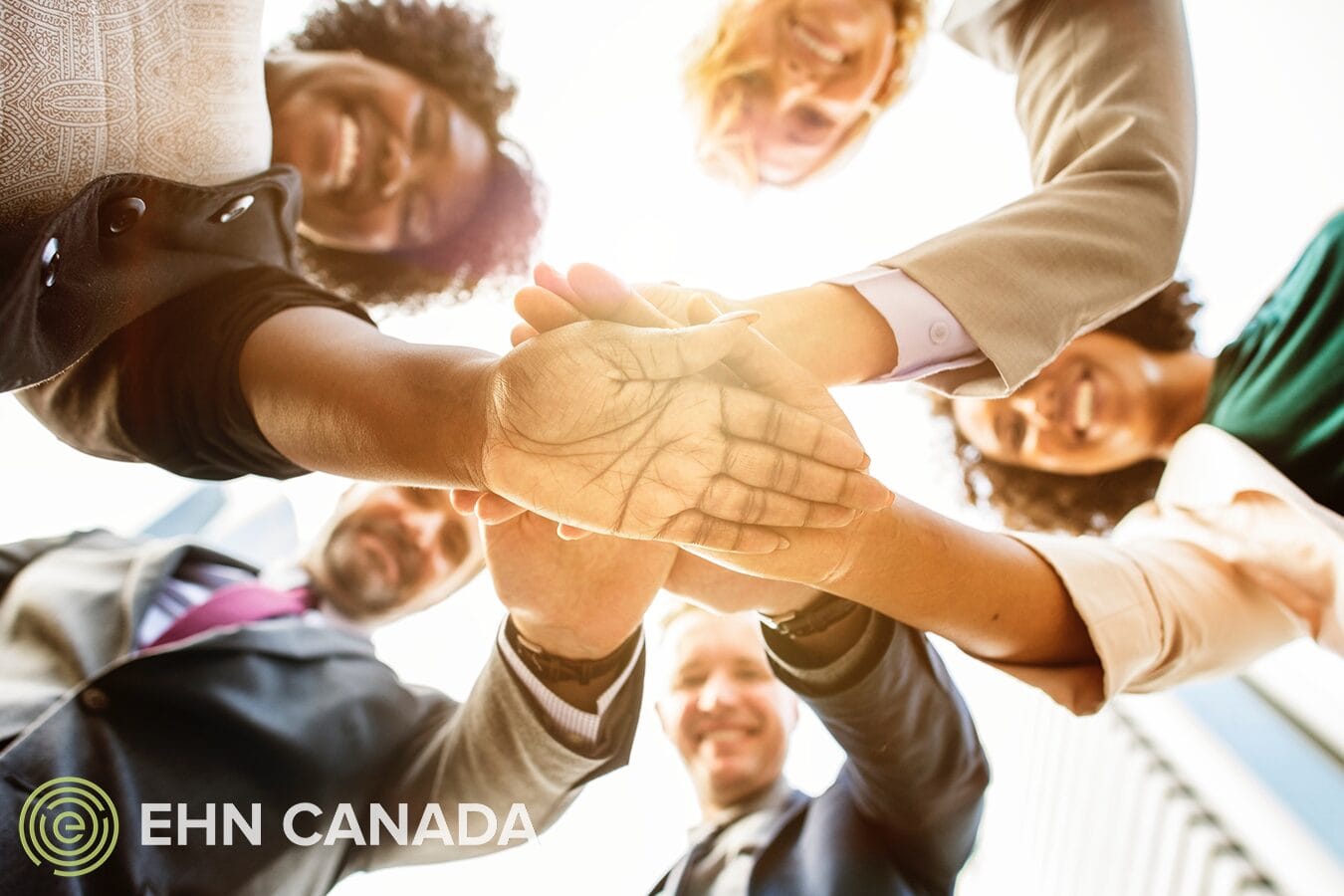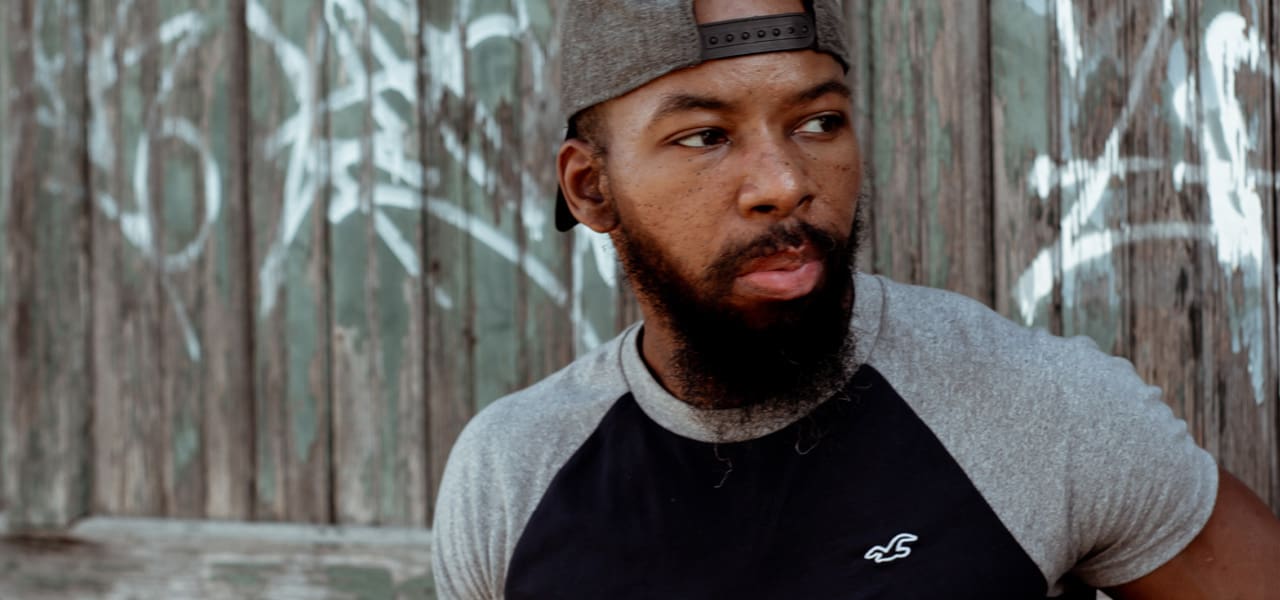Opinion by EHN Staff
Written by Evan Newton, a counsellor who works at Bellwood Health Services.
Recently, I was having a final one-on-one meeting with a client who was a few days away from completing their 42-day program. I asked, as I usually do, if he had given some thought to what he wanted to say in his graduation speech. He responded, “actually, I’m thinking of not going to grad.” I’ve heard this many times before. And, like every time before, it disappointed me. “Why?” I asked. “Because I don’t really see the point of it,” was his response. From other clients I’ve also heard the following:
“Because it didn’t work last time.”
“Because everyone I entered treatment with has graduated already.”
“Because grad is cheesy.”
“Why should I? We’re supposed to be selfish in our recoveries, right?”
This never fails to upset me—but, why? I think it’s because, as staff, we spend so much effort trying to persuade clients to invest in each other’s recoveries, to view their recoveries as being inextricably intertwined with those of their peers. So if they’ve just spent 42 days in a client community, sharing intimate details, playing board games, laughing in the smoke pit, sharing bathrooms, then they should feel connected to their peers, right? To me it signals a lack of connection, and that perhaps as staff we could have done more to foster connection.
Back to the client in front of me, disappointing me with his apathy towards his graduation ceremony. He doesn’t see the point. I want to encourage him to go. But in order to do this, I need to give him good reasons. What happens at a graduation ceremony, anyway? The community and staff sit around the perimeter of the auditorium and the graduating clients stand up and say a few parting words. They get a coin, hugs, and words of encouragement; then everyone shuffles off to afternoon group (maybe going for a quick cigarette first). Pretty simple.
Then why is it so damn moving? Why does the graduate’s voice crack as they deliver their speech? Why do the occasional clinician’s eyes well up? Why does the community rise to their feet to give their departing peer a standing ovation? There’s something kind of magical about it. But, let’s be real, I can’t use this as a justification for my client, I can’t say, “because grad is about magic.” It’s not a very sound clinical justification.
So what do I say? I ask my client to not only focus on what they will “get out of it.” I instead tell them that grad is just as much for their peers as it is for them. I tell them that “there will be people in that room who have been riding a very emotional journey with you for the last several weeks and you mean something to them. They want to see you get up there.” It’s about clients contextualizing their own recoveries as a part of something much bigger than themselves. I also remind them that seeing someone six-weeks sober stand up and testify to how far they’ve come since walking over the Bellwood bridge can be powerful and encouraging for the newcomers who are present—newcomers who are often full of doubt, angst, and worry.
What I don’t tell my clients is that the staff need it as much as his peers do. Graduations are one of the highlights of our day. It refills our cups. It reminds us of why we do what we do. I never say this, but perhaps I should—I’m willing to try anything at this point! Really, I think why I struggle to defend the importance of graduation to my clients is that it’s hard to put into words, hard to explain rationally. Graduation is a ritual, and rituals are mysterious. It’s like a wedding ceremony: not much actually “happens.” And yet, people spend money and travel great distances to see them. Graduation ceremonies are similar: it is not about logic and rationality. Grad is about emotion, gratitude, the life of the spirit, and transcendence. It is about connection. And, as Johann Hari says, “the opposite of addiction isn’t sobriety. The opposite of addiction is connection.”
We Can Help You
If you would like to learn more about the treatment programs provided by EHN Canada, enrol yourself in one of our programs, or refer someone else, please call us at one of the numbers below. Our phone lines are open 24/7—so you can call us anytime.
- 1-800-387-6198 for Bellwood Health Services in Toronto, ON
- 1-587-350-6818 for EHN Sandstone, in Calgary, AB
- 1-800-683-0111 for Edgewood Treatment Centre in Nanaimo, BC
- 1-888-488-2611 for Clinique Nouveau Depart in Montreal, QC



